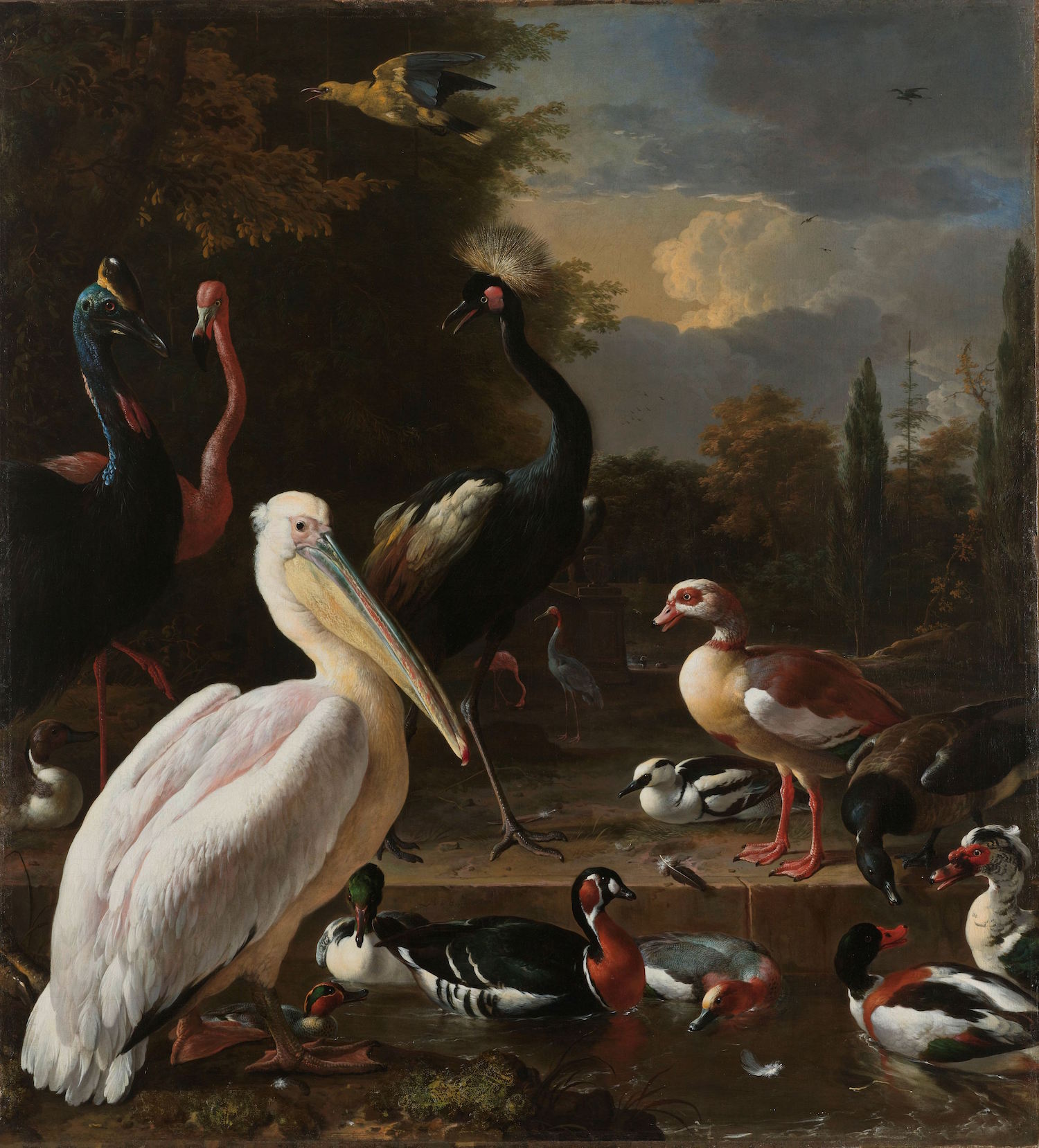Ode to Joy
from Even No. 9, published spring 2018
Three times a year, the day after we close production on this magazine, a team of specialists starts burning printing plates in a factory close to the North Sea. Often, I head over from New York to supervise. One of the unforeseen pleasures of editing Even has been frequent travel to Belgium: to Bruges, where we print, and to Brussels, where I leaf through the first unbound copy of each issue. That unlovely, gray-skied, shapeshifting capital has become an art world epicenter in the last few years, and I’ve got such satisfaction from its Dadaist babble that I find myself returning to Brussels even when we’re not on press. Its nightlife is middling, its streets are dowdy, its traffic is gross. But in Brussels border-crossing is a daily habit, and it’s sexiest when it suggests to you a life beyond nations.
For the author Robert Menasse, too, the Brussels demonized as a pit of craven bureaucrats didn’t match what he saw when he moved from Vienna to the capital of Europe. Menasse was determined to write a novel that spanned cultures and languages — a book for a nascent European public, when European unity was at its nadir — and there was one city to do it in. While Greeks agonized and Germans griped, Menasse found in Brussels a class of far-flung inhabitants who’d left behind their families, and even their tongues, to forge concord in diversity. “A mentality only becomes a culture,” Menasse learned in Brussels, “once it is freed from national obsession.” It was the stuff of art, and it became The Capital, the first postnational novel for a community of 24 languages.
After orbiting southern Africa, east Asia, and the United States, here is a profoundly European issue of Even — one which skates across borders that the children of Schengen are shocked to see rising again. In Brussels we speak to the Scottish painter Lucy McKenzie, whose cosmopolitan art faces a Brexit-induced obstruction. In Germany and Switzerland, James McAuley wrestles with the history of collecting at a pair of exhibitions that feel more like crime scenes. Two Italians, the sculptor Giuseppe Penone and the photographer Michele Borzoni, cast their eyes on a peninsula transformed by big business, a changing climate, and new arrivals from across the Med.
We’ve been assured for decades that there was no such thing anymore as an avant-garde; the world was too large, and art too diverse, for any one strand or style to place itself at the forefront. And as a creative matter that’s surely right. What’s needed instead is an avant-garde of identity — one that tries to contrive, out of boggling multiplicity, a new populace of laws and letters. Think of authors like Robert Menasse and artists like Lucy McKenzie as homesteaders, calling a borderless future into being by living it themselves. Think of Brussels as our proving ground, the place where we learn if we can really live together.
—Jason Farago, editor

They quack and cry, squawk and twitter; to be king of this pool you have to do much more than preen. If the pelican in the foreground of this gemlike picture thought his white plumage was irresistible, he had not counted on three foreign visitors: a blue-necked cassowary, native to New Guinea, standing to the left of a vamping American flamingo and a spectacularly coiffed African crane. Down in the pool, amid contented ducks, is a single floating feather: a reminder, even in such worldly company, that nothing lasts forever.
Exotic birds were an emblem of wealth and status during Amsterdam’s golden age; one especially fancy prince, tight with the Dutch East India Company, kept parrots who spoke Malay. But when he painted this scene for William of Orange (a few years before he took the British throne), the unrivaled animalier Melchior d’Hondecoeter had greater aims than avian eccentricity. See how they mingle and rival, these swashbucklers from four continents. These birds are not booty, but citizens: ambassadors from a world larger than ever.